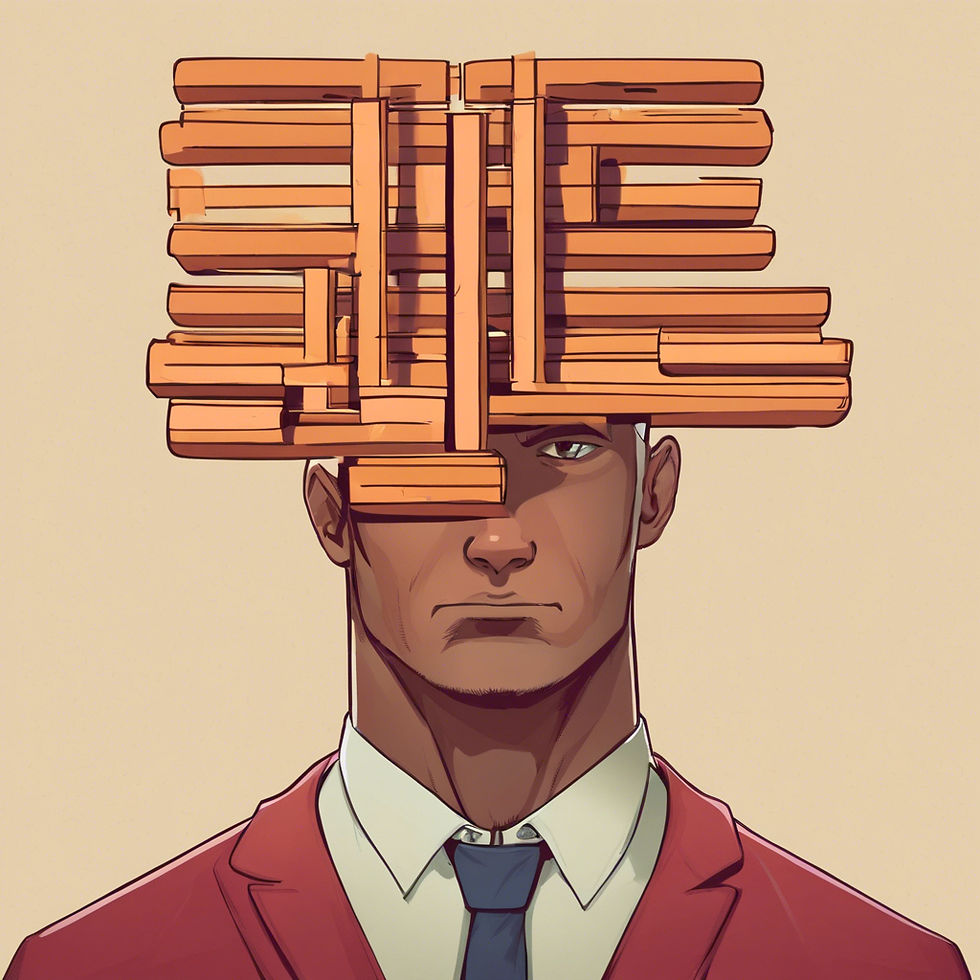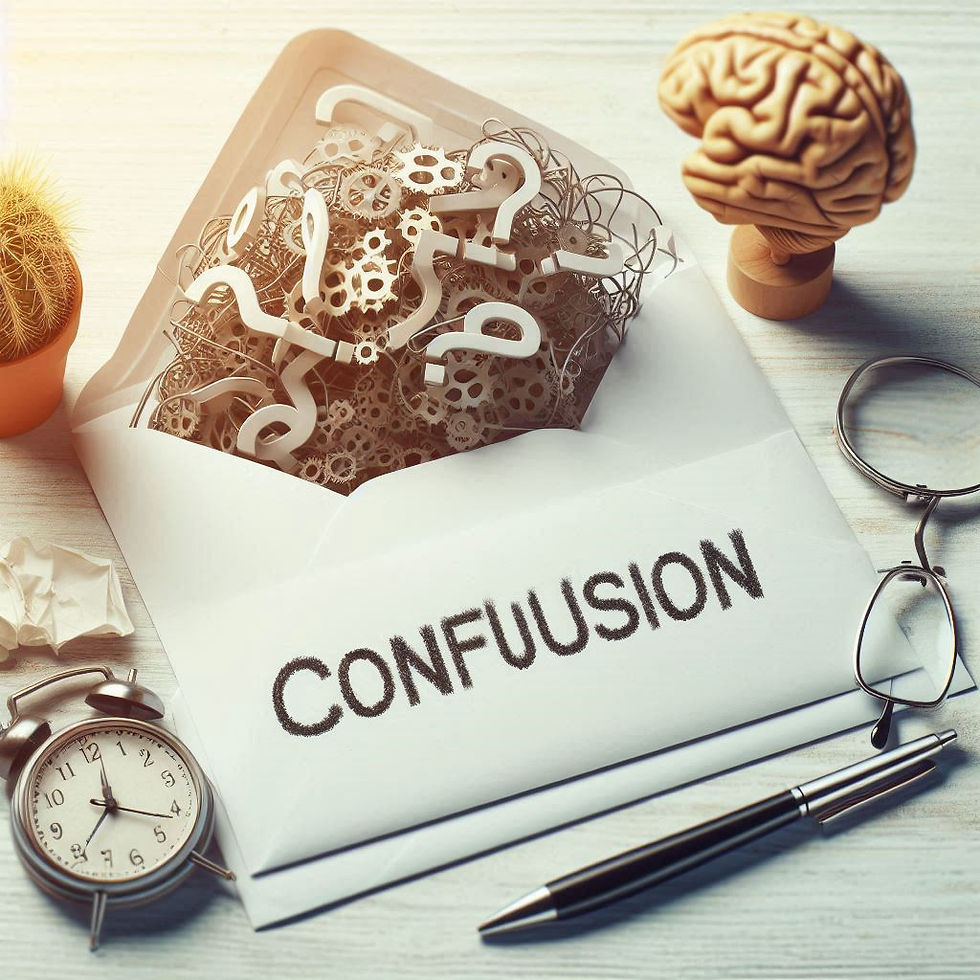DRD 33: Decision Making: How to Make Smarter Choices in Life
- Dr. ARUN V J

- Jun 7, 2025
- 3 min read
Updated: Jun 12, 2025
What is Decision Making?
Every day, we make countless decisions—from what to eat for breakfast to life-changing career moves. Decision making is the cognitive process of selecting the best course of action among multiple options. It’s not just about choices; it’s about weighing risks, predicting outcomes, and committing to a path—even when information is incomplete.
The best part? Decision making is a skill you can develop. Unlike fixed traits like height or innate talent, decision-making ability improves with practice, self-awareness, and structured thinking. Whether you're deciding on a new job, a financial investment, or daily habits, better decisions lead to better outcomes—and ultimately, a better life.

Why Decision Making is the Most Important Skill You Can Master
Your life today is the sum of all the decisions you’ve made so far. Good decisions compound over time, leading to success, while poor choices can have long-term negative ripple effects. Here’s why mastering decision making is crucial:
1. Every Decision Has Consequences (Short-Term & Long-Term)
Immediate effects (e.g., skipping exercise leads to low energy).
Secondary effects (e.g., long-term health decline from inactivity).
The Butterfly Effect – Small choices today can drastically alter your future.
2. Better Decisions = Better Life Outcomes
Career success, fulfilling relationships, financial stability, and mental well-being all depend on consistent, high-quality decisions.
3. It’s a Learnable Skill (Not Just Talent or Luck)
Unlike fixed abilities, decision making improves with experience, reflection, and the right frameworks.
4. Ownership & Accountability Define Growth
Blaming others (or trends) weakens your growth. Take full responsibility—even if external factors influence outcomes.

How to Improve Your Decision Making: Key Strategies & Models
1. Be Mindful of Every Decision (Big & Small)
Not all decisions carry equal weight, but small choices add up. Ask yourself:
"Will this matter in 5 years?"
"Does this align with my long-term goals?"
"Am I deciding out of fear, impulse, or logic?"
2. Think Strategically: Balance Logic & Emotion
Pure logic can be rigid (e.g., taking a high-paying job you hate).
Pure emotion can be reckless (e.g., impulsive spending).
The best decisions merge both—e.g., choosing a career that pays well and fulfills you.
3. Decision-Making Models & Theories
Here are proven frameworks to sharpen your choices:
🔹 The 10/10/10 Rule (Suzy Welch)
Ask: How will I feel about this decision in 10 days, 10 months, and 10 years?
Best for: Emotional or high-stakes choices (e.g., quitting a job, ending a relationship).
🔹 The Eisenhower Matrix (Urgent vs. Important)
Categorize tasks into:
Urgent & Important (Do now).
Not Urgent but Important (Schedule).
Urgent but Not Important (Delegate).
Not Urgent & Not Important (Eliminate).
Best for: Prioritization & productivity.
🔸 SWOT Analysis (Strategic Planning)
Evaluate:
Strengths, Weaknesses (Internal factors).
Opportunities, Threats (External factors).
Best for: Business decisions, career moves, or big investments.
🔺 Prospect Theory (Daniel Kahneman)
People fear losses more than they value gains (loss aversion).
Implication: We avoid risks even when odds are favorable.
Use this: Recognize biases in financial or risky decisions.
🔻 OODA Loop (Military Strategy)
Military-inspired rapid decision cycle:
Observe the situation
Orient yourself to context
Decide on action
Act
Repeat the cycle
Best for: Fast-changing environments like trading or startups
4. Learn from Experience (Good & Bad Decisions)
Keep a decision journal – Track choices, expected vs. actual outcomes.
Avoid "Herd Mentality" – Just because "everyone’s doing it" doesn’t mean it’s right for you (e.g., FOMO-driven investments).

Real-World Examples of Excellent vs. Poor Decision Making
✅ Excellent Decision: Warren Buffett’s Investment Strategy
Long-term thinking – Buys undervalued stocks and holds for decades.
Ignores hype – Avoided the 2000 dot-com bubble while others lost fortunes.
Uses the "Circle of Competence" model – Only invests in industries he understands.
❌ Poor Decision: Blockbuster Rejecting Netflix
Short-term focus – Laughed at Netflix’s $50M offer in 2000.
Failed to adapt – Ignored streaming trends, leading to bankruptcy.
Lesson: Complacency kills innovation.
⚖️ Personal Example: Career Crossroads
Bad Decision: Taking a job just for money (burnout in 1 year).
Good Decision: Choosing a role with growth + passion (long-term success).
Final Thoughts: Take Control of Your Decisions
Mastering decision making is the ultimate life hack.
Start applying these principles today:
✔ Pause before deciding – Avoid impulsive reactions.
✔ Use frameworks – Like the 10/10/10 Rule or SWOT Analysis.
✔ Own your choices – No excuses, just lessons.
✔ Review & adapt – Every decision teaches you something.
Your future self will thank you.
What’s one decision you’ve been overthinking? Share below—let’s break it down together!
(Want more actionable guides? Subscribe for weekly self-improvement strategies!)





Comments